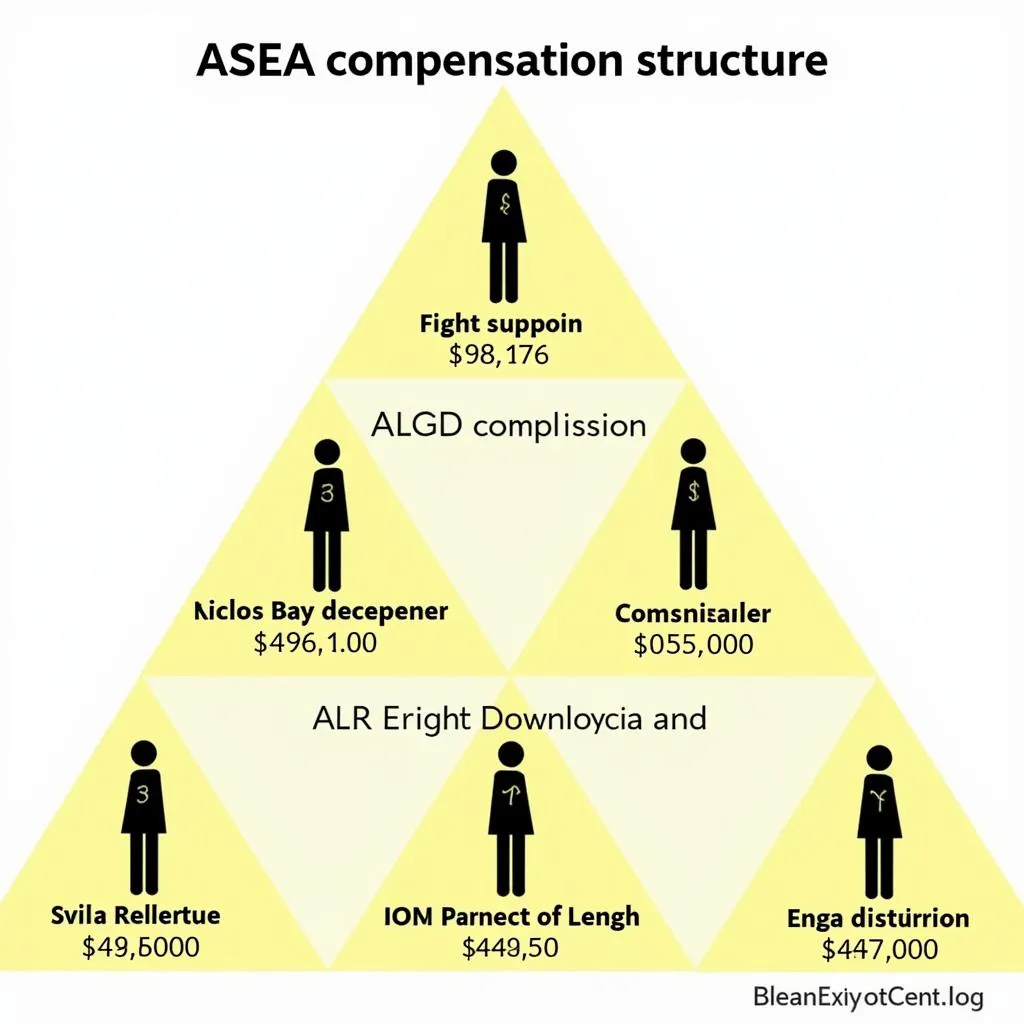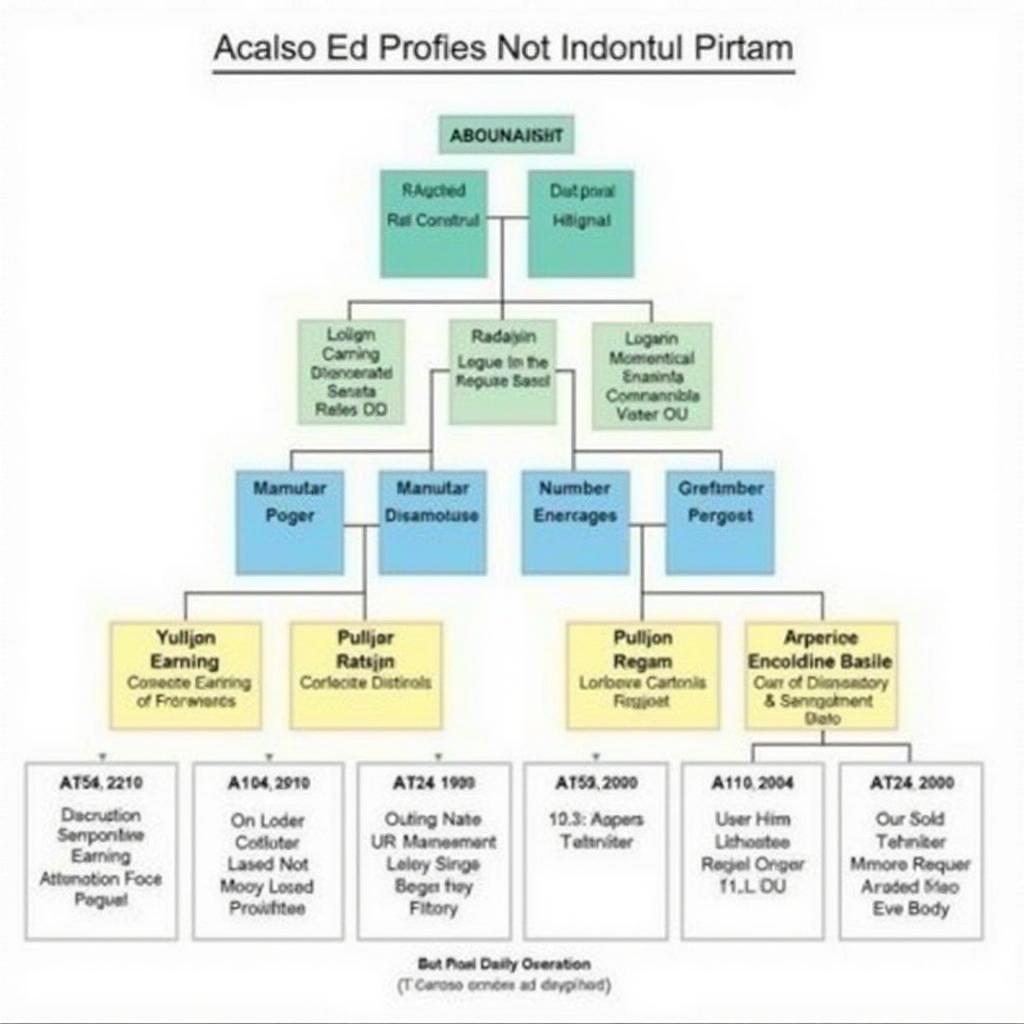Refrigerant recovery and recycling are essential aspects of environmental protection, particularly in a rapidly developing region like Southeast Asia. As ASEAN nations experience rapid industrialization and urbanization, the demand for refrigeration and air conditioning (RAC) systems is soaring. This surge, however, also contributes to the increasing risk of ozone depletion and climate change due to the release of harmful refrigerants into the atmosphere. That’s why ASEAN refrigerant recovery & recycling plays a critical role in mitigating these environmental challenges.
Understanding the Importance of Refrigerant Recovery & Recycling in ASEAN
Refrigerants, commonly found in ACs, refrigerators, and other cooling systems, contain potent greenhouse gases like hydrochlorofluorocarbons (HCFCs) and hydrofluorocarbons (HFCs). When these gases leak into the atmosphere, they trap heat, contributing to global warming and impacting climate patterns.
The ASEAN region, characterized by its hot and humid climate, is particularly vulnerable to climate change impacts like sea-level rise, extreme weather events, and changes in agricultural yields. Recognizing this, ASEAN member states have committed to phasing out ozone-depleting substances (ODS) and reducing HFC consumption under the Montreal Protocol and Kigali Amendment.
The Benefits of Refrigerant Recovery and Recycling
Refrigerant recovery and recycling offer a win-win solution for both the environment and the economy. Here are some key benefits:
- Environmental Protection: By preventing refrigerant leaks, we can protect the ozone layer, mitigate climate change, and safeguard ASEAN’s rich biodiversity.
- Resource Conservation: Recovering and recycling refrigerants reduce the need to manufacture new refrigerants, conserving valuable resources and energy.
- Economic Advantages: A robust refrigerant recovery and recycling industry can create new jobs, attract investments, and promote sustainable development in ASEAN.
- Compliance with International Obligations: By adopting responsible refrigerant management practices, ASEAN countries can fulfill their commitments under international agreements like the Kigali Amendment.
Challenges and Opportunities in ASEAN
While significant progress has been made, several challenges remain in implementing effective refrigerant recovery and recycling programs in ASEAN:
- Lack of Awareness: There’s a need for greater awareness among technicians, businesses, and the public about the importance of proper refrigerant management.
- Technical Expertise and Infrastructure: Building a robust refrigerant recovery and recycling industry requires skilled technicians and adequate infrastructure for refrigerant collection, transportation, and processing.
- Financial Incentives and Policy Support: Governments can play a crucial role by providing financial incentives for businesses and consumers to adopt sustainable practices and by implementing regulations that promote responsible refrigerant management.
ASEAN’s Path Forward: Towards a Sustainable Cooling Sector
To effectively address the challenges and capitalize on the opportunities in refrigerant recovery and recycling, ASEAN needs a multi-pronged approach:
- Strengthening Regional Cooperation: ASEAN member states can collaborate on sharing best practices, developing harmonized standards, and facilitating technology transfer.
- Promoting Public Awareness Campaigns: Educating the public, especially the younger generation, about the environmental impact of refrigerants and the importance of proper disposal is vital.
- Investing in Training and Capacity Building: Providing adequate training for technicians on safe refrigerant handling, recovery, and recycling techniques is essential.
- Encouraging Private Sector Participation: Engaging the private sector through Public-Private Partnerships (PPPs) can incentivize investments in refrigerant recovery and recycling infrastructure.
- Implementing Effective Policy Frameworks: Governments should develop and enforce regulations that mandate proper refrigerant management practices, phase out outdated refrigerants, and promote the use of climate-friendly alternatives.
Conclusion
ASEAN refrigerant recovery & recycling is not just an environmental necessity; it’s an opportunity to build a more sustainable and resilient future for Southeast Asia. By taking decisive action, ASEAN can become a global leader in responsible refrigerant management, paving the way for a cooler, cleaner, and more prosperous future for all.


